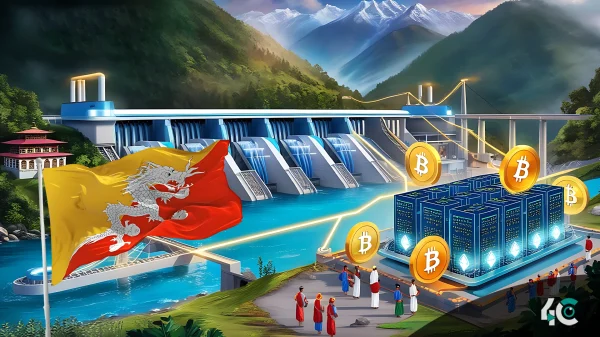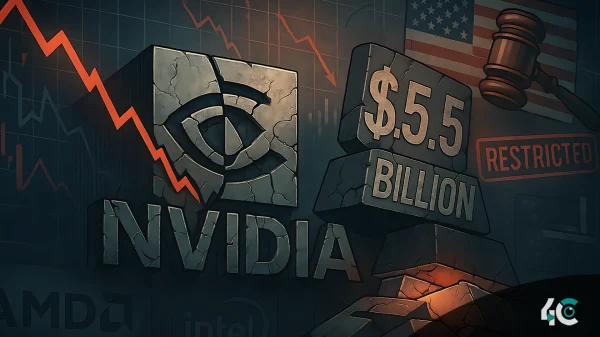India is rapidly becoming a global hotspot for Web3 innovation, thanks to a robust startup ecosystem, significant international investments, and a skilled developer population. With over 1,000 Web3 firms in finance, infrastructure, and entertainment, the country is laying the groundwork for decentralized technology to thrive.
As of 2024, India is home to roughly 12% of the world’s crypto developers, making it the world’s second-largest developer base. According to projections, India could overtake the United States as the top power by 2027. A robust network of Web3 founders, who are driving innovation and establishing a dynamic environment, aids in this expansion.
Since 2020, Indian Web3 startups have raised more than $3 billion in financing. In 2024 alone, $462 million poured into the sector in the first nine months, representing an 82% year-on-year increase. The majority of these investments have gone into infrastructure developments, which form the foundation of the Web3 environment.
Retail investors have also played an important role, accounting for approximately 45% of Indian portfolios that include blue-chip cryptocurrencies. Meanwhile, younger investors have spurred a fivefold growth in memecoin trading volumes, demonstrating growing interest in the cryptocurrency field.
However, India’s Web3 path is not without its hurdles. Regulatory uncertainties, such as a severe 30% tax on cryptocurrency profits and a 1% transaction fee on high-value trades, have posed challenges for both businesses and investors. Although there is no prohibition or recognition of cryptocurrencies as legal cash, their use in ordinary transactions remains restricted.
Despite these challenges, the nation’s Web3 ecosystem continues to thrive. Several government initiatives, such as blockchain-based land registries and digital certifications, promote innovation. Contributions from major blockchain protocols such as Ethereum, Polygon, and Solana have strengthened India’s standing in the global Web3.
To maintain its pace, India needs to address its regulatory difficulties. Over 270 firms have already migrated abroad due to a lack of enabling infrastructure. By implementing clear, globally aligned policies, India can retain its people and solidify its position as a Web3 technology leader.
With its distinct combination of entrepreneurial enthusiasm, technical expertise, and increasing investment, India is set to create the future of decentralized innovation and establish itself as a worldwide leader in the Web3 revolution.






























